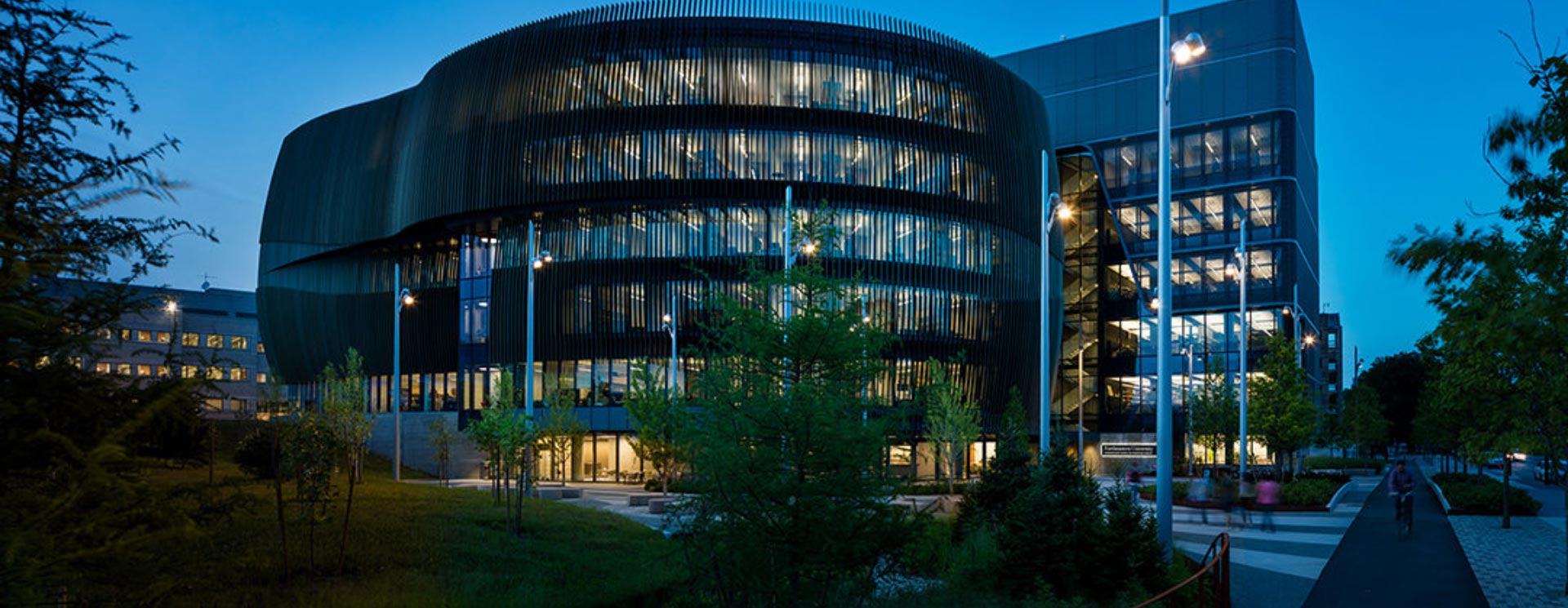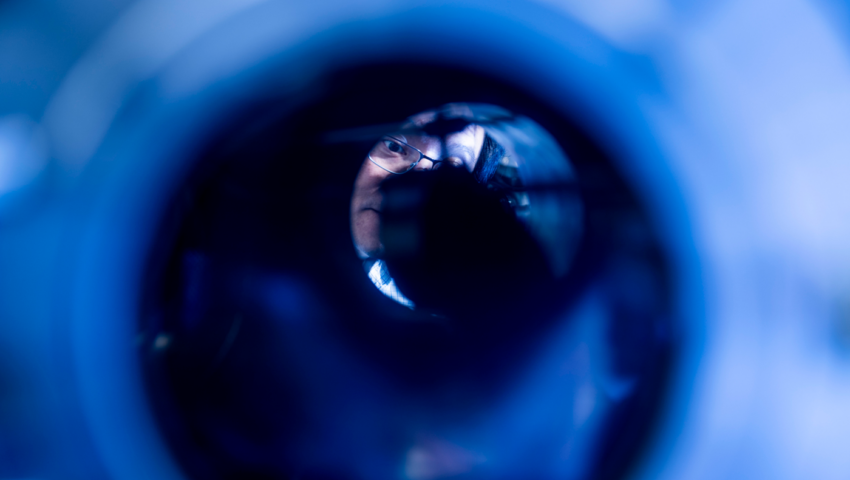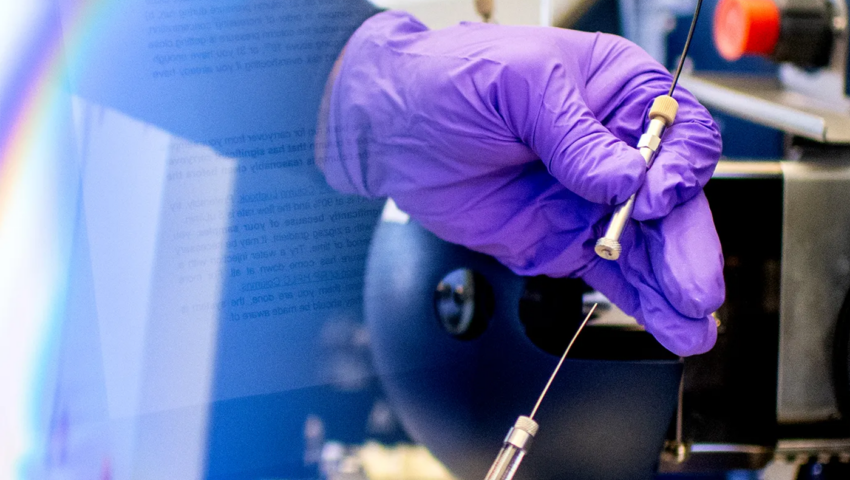
Faculty Labs
News
Living tissues may form like avalanches, Northeastern researchers say — a discovery that could aid new treatments
An avalanche is caused by a chain reaction of events. A loud noise or a change in terrain can have a cascading and devastating impact.
A similar process may happen when living tissues are subject to being pushed or pulled, according to new research published by Northeastern University doctoral student Anh Nguyen and supervised by Northeastern physics professor Max Bi.
As theoretical physicists, Bi and Nguyen use computational modeling and mathematics to understand the mechanical processes that organisms undergo on a cellular level. With this more recent work, they have observed that when subjected to sufficient stress, tissues can “suddenly and dramatically rearrange themselves,” similar to how avalanches are formed in the wild.
This observation challenges the notion that mechanical responses in tissues are entirely localized, suggesting instead that stress redistribution can lead to coordinated rearrangements across larger regions, explains Bi.
“What Anh has found in these computational simulations is that these [cells] are actually talking mechanically, meaning that if rearrangement happens with four cells, the energy that gets released from these four cells is enough to trigger other cells to undergo rearrangement.”
Read more from Northeastern Global News.
Photo by Alyssa Stone/Northeastern University
Elliot Grainge, a successful entrepreneur, record executive and Northeastern graduate, is the 2025 undergraduate commencement speaker
Elliot Grainge, the CEO of Atlantic Music Group and a Northeastern graduate, will be the speaker at the university’s 2025 undergraduate commencement.
The ceremony will take place at 4 p.m. on Sunday, May 11, at Fenway Park in Boston.
Atlantic played a pivotal role in the careers of such acclaimed artists as Aretha Franklin, Ray Charles and Led Zeppelin, and more recently Ed Sheeran, Bruno Mars and Charli xcx.
After establishing his powerhouse indie label 10K Projects, Grainge was tapped, at just 30 years old, to lead Atlantic Music Group’s next chapter.
“Returning to Northeastern to speak at commencement is really meaningful to me,” Grainge said. “This university and my experience in Boston in general helped shape not only the way I think about business and creativity but helped me build a foundation as an independent thinker and entrepreneur.”
“I’m so excited to share my experience with the Class of 2025 and encourage them to trust their own vision as they move on to the next chapter of their lives.”
Read more from Northeastern Global News.
Photo by Logan Mock
Northeastern scientists help detect axion quasiparticles, offering new clues to dark matter
Northeastern University scientists and international collaborators have successfully created laboratory conditions that allowed them to observe axion quasiparticles for the first time, bringing researchers closer to understanding dark matter.
The research published this week in Nature represents a significant step in bridging the gap between theoretical physics and experimental proof, which can lead to both a better understanding of the universe and applications in future technology of magnetic memory.
The research — an effort that included more than a dozen organizations across five countries — included three Northeastern physicists: Arun Bansil, a university distinguished professor and director of the Quantum Materials and Sensing Institute; Kin Chung Fong, an associate professor of physics and electrical and computer engineering; and Barun Ghosh, a postdoctoral student.
“This study provides another exciting example of the very rich tapestry of quasiparticles that are harbored by quantum matter,” Bansil says. “It is clear that quantum materials will continue to offer us surprises long into the future to open new pathways for addressing pressing fundamental science questions as well as materials platforms for developing transformational new technologies.”
Read more from Northeastern Global News.
Photo by Matt Modoono/Northeastern University
Breakthrough ALS research: Free tool from Northeastern scientists could revolutionize drug development
Interested in finding a better way to develop drugs to treat amyotrophic lateral sclerosis (ALS), Northeastern researcher Jeffrey Agar and a team of scientists came up with a technique that improves the drug discovery workflow for an entire class of pharmaceuticals.
“This could now become the gold standard for how covalent drugs are developed from now on,” says Agar, an associate professor of chemistry and pharmaceutical sciences.
The goal is to make the technique free and available to labs small and large, part of what Agar refers to as the “democratization of science.”
“We decided not to patent this,” he says. “Just take it, use it and make drugs safer.”
Read more from Northeastern Global News.
Photo by Matthew Modoono/Northeastern University



